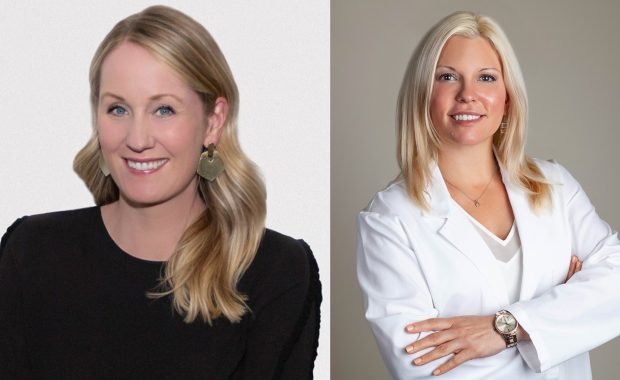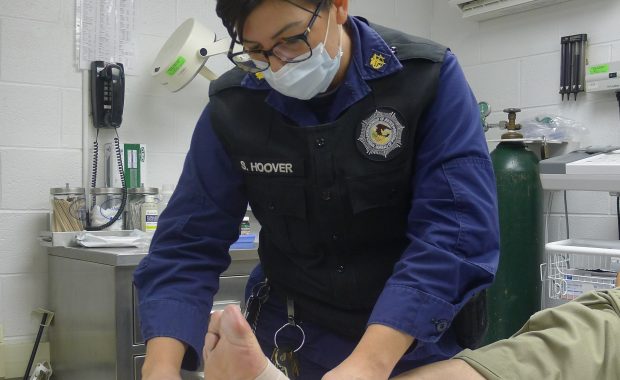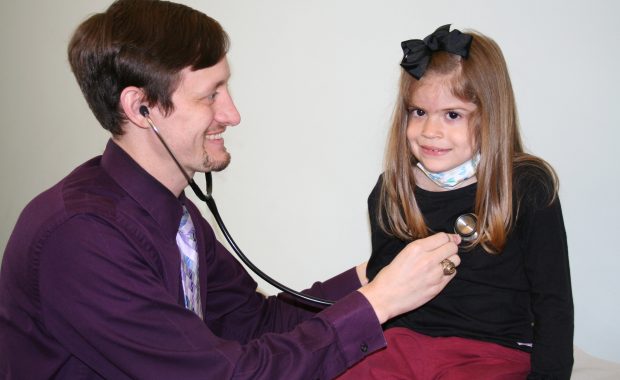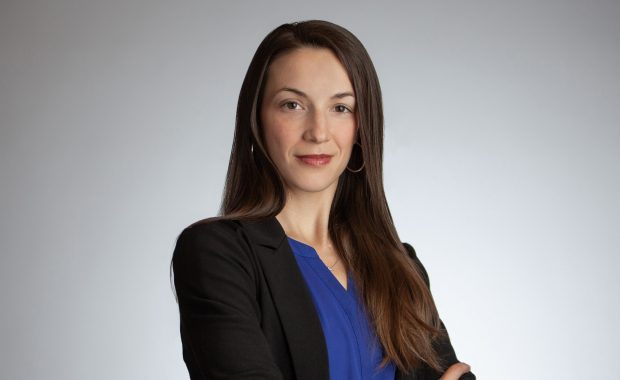Career Resources
Tips for Contract Negotiation, Using the AAPA Salary Report
Every day, PA Career Coach Jennifer Hohman uses the AAPA Salary Report to help her clients negotiate their employment contracts. In this article, Jennifer shares how she leverages the Salary Report for her client’s benefit.

Prepare for the Ins and Outs of Practicing in Orthopaedic Surgery
AAPA’s latest Huddle “Ask Me” session called on four experts to answer questions about starting a career in orthopaedic surgery, practicing in various subspecialties, and which resources will best prepare PAs for success in this popular surgical specialty.
Three Steps for Bouncing Back from Career Setbacks
Career disappointments and setbacks are parts of the professional journey that will happen to almost every PA at some point—and they can feel devastating. In this article I’d like to explore some ideas and approaches for responding to career setbacks so that you not only rebound but return to your practice with greater zest and confidence.
Spring Cleaning Your Finances
Are you nervous about upcoming student loan payments? Do you want to reevaluate your budget but don’t know where to start? “Spring Cleaning Your Finances” is a quick guide to reviewing your spending, setting big goals, and planning for financial freedom.

PAs in Dermatology Offer Advice for Breaking into the Competitive Specialty
In Huddle’s latest Ask Me session, PAs in dermatology Amber Blair, MMS, PA-C, and Kristin Rygg, MPAS, PA-C, fielded questions from students and practicing PAs looking to enter the dermatology specialty.
Back to the Basics: Why Mentorship Matters and Strategies on How to Create and Maintain a Successful Mentor/Mentee Partnership
Are you interested in a certain specialty, or in the PA profession, and finding it difficult to connect with PAs? Unsure of how to approach a colleague or professor about partnering on an idea or project? In this webinar, guest speaker Jacquetta Woods Melvin, MPH, PA-C shares strategies for navigating your professional growth with a mentor.

Pennsylvania PA has a Passion for Correctional Medicine
LCDR Stephanie Hoover, PA-C, MPAS, has made her career in her hometown of Loretto, Pennsylvania, where she attended a PA program, landed her first Federal Bureau of Prisons job, and currently serves as a Commissioned Officer in the U.S. Public Health Service at a Federal Correctional Institution.
Payer Reimbursement Policies for PAs
Explanation of third-party reimbursement for PAs.

A Day in the Life of a PA in Genetics
As a PA practicing in medical genetics, Wesley Patterson, PhD(c), MSPA, PA-C, evaluates and treats patients with suspected or known genetic disorders. His current dissertation work focuses on genetics and genomic education for PAs, mirroring his passion to advocate for the importance of further incorporating genetics into the PA profession.
An In-Depth Guide to PA Recruiting
Learn about the remarkable contributions that PAs make every day and gain insights into how you can recruit highly qualified PAs for your open positions. Read interviews from expert sources on what matters in PA recruitment.

A Day in the Life of a PA in Dermatology
Sara M. Wilchowski, MS, PA-C, never has a typical day practicing in dermatology. She enjoys the variety of her specialty, from conducting full-body cancer exams to navigating tough conversations with patients and their families in order to communicate treatment options.
PA Scope of Practice
PAs are proven and integral members of the U.S. healthcare system. But what exactly do PAs do? And who decides? The boundaries of each PA’s scope of practice are determined by these parameters: education and experience; state law; policies of employers and facilities, and the needs of the patients.
Contract and Salary Negotiations
: You’ve landed your first PA job – now it’s time get the salary and perks you want! PA educator James R. Kilgore, DMSc, PhD, PA-C, DFAAPA, shares tips and tricks for negotiating the terms of your contract.

PA Money Sense Interactive Budget Guide
Take control of your student loans before PA school graduation with the PA Money Sense Interactive Budget Guide. Available free to AAPA members!
“How I Paid Off $150K in Less Than 5 Years”: Extreme Budgeting for PA Students and New Grads
Learn how one savvy PA managed to pay off her loans in just five years. Sam Ngo, PA-C shares tips for how to live frugally, pay down debt, and achieve financial independence.

